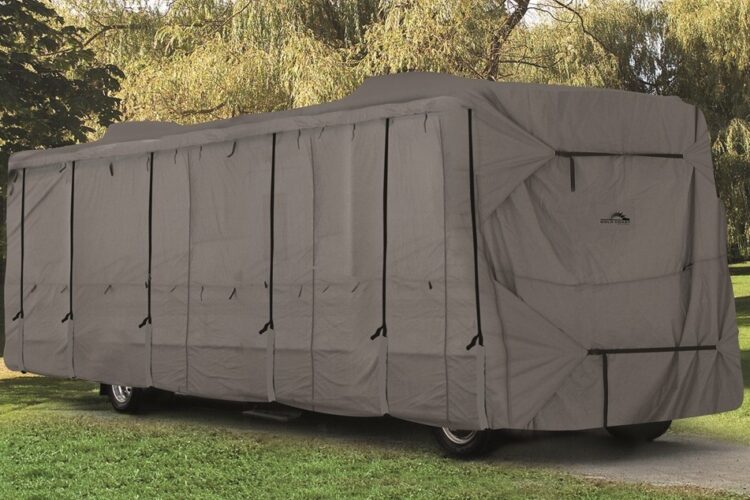We use transport in our daily life to facilitate movement from one point to another. Without motor vehicles, it is nearly impossible to move from one place to another effectively. This means the automobile industry places a crucial role in facilitating commute.
Over the years, a wide range of vehicles and different types of cars and motor vehicles rolled out from best of bet automobile manufacturers to promote better ways of traveling, from SUVs to the sedan, hatchbacks, vans, and whatnot. The list just goes on and on!
One such vehicle that revolutionized the transport is none other than RVs, also referred to as Recreational Vehicle.
What is an RV?
A recreational vehicle, often known as RV, is a trailer that constitutes living space for accommodation purposes. RV, sometimes also known as a living van, is equipped with things such as cooking space, beds, bathroom, and washroom facility so that people can live inside the vehicle comfortably.
In other words, a recreational vehicle is a motor van (or a trailer) that literally recreates the living space with a small kitchen or bedroom; you name it.
As you can make out from the description itself, an RV is generally used for living quarters, especially when traveling a long distance. People in many countries, including the United States, choose to take a long drive in RV and use this vehicle to sleep in instead of thinking of it as a hotel room.
The question is, are you an RV owner? If yes, there are a lot of things to keep in mind to protect your RV from external aspects such as the weather and possible damage, etc. This is where the RV covers come into the picture.
RV covers – What are they?
If you ever own a recreational vehicle, you might come across the term “rv cover” at some point in time. So, what does that mean?
RV cover is nothing but a protective cover similar to a car cover. The primary purpose of RV cover is to protect your recreational vehicle, thus the name! For instance, if you park your RV in an open space where direct sunlight can possibly hit your vehicle and damage the upper coating, RV cover is what you need to tackle this and other similar problems.
Cover manufacturers are coming up with new types of covers that not only helps the RV owner protect the vehicle from damages but also serve multiple purposes at the same time.
After hours of research, we have come up with a comprehensive list of the best types of RV covers in 2022 you should buy for your brand new RV. Take a look!
- Polyester
Polyester is some of the most common materials used in RV covers, and there is a reason why, mainly because polyester is super cheap and easily found in nature. Making it the best material to be used in an RV cover
Covers made from this material provide excellent protection from UV or ultraviolet rays, making them a suitable option for humid or hot and dry climates. Although, they might not be a good option for protection against water.
Polyester covers do provide some level of protection against water but can’t be treated as a water-resistant cover at all.
- Polypropylene
The chemical bonding of polypropylene makes it a highly durable as well as reliable material, no doubt. Due to its strong fabric, the polypropylene cover is prone to acid damage, cracking, or tearing. Which also suggests that they are resistant to sharp objects such as blades, etc.
If you live in a cold climate, the polypropylene cover is what we recommend since it can give your recreational vehicle good protection against hard snow and harsh weather or even strong winds at some level.
However, this could not be a good option if you have a budget constraint, which brings us to the next best type of rv cover.
- Polyethylene
Polyethylene might sound similar to polypropylene, which is true to some extent. But that is just the half-truth.
Similar to the previous type of cover, Polyethylene is strong and resistant to tear. The key difference is the high-density non-porous surface that does not allow water through the cover. In other words, it is more water-resistant than the polypropylene cover. Hence, they are the best waterproof rv covers on our today’s list.
This makes the Polyethylene cover a worth-it option for wet climates. But let me tell you that it does allow air flow to pass through, which should not concern you unless you have multi-layer protection.
If your RV is parked prone to wet and rainy conditions, this cover is just what you were looking for.
Final thoughts
These were the top best covers to buy for your RV. Choose the right one depending upon your requirements and the external conditions of the vehicle.

